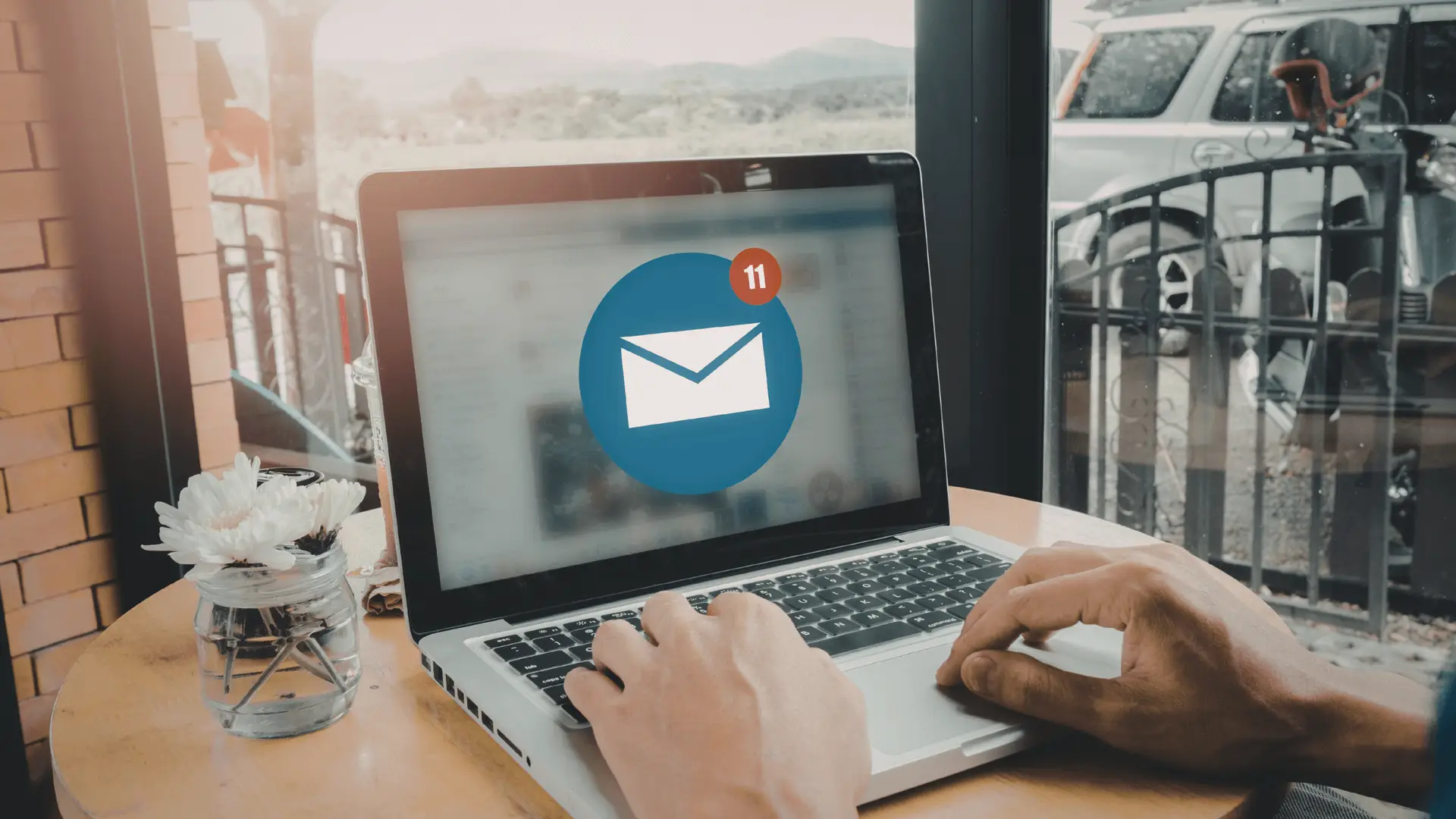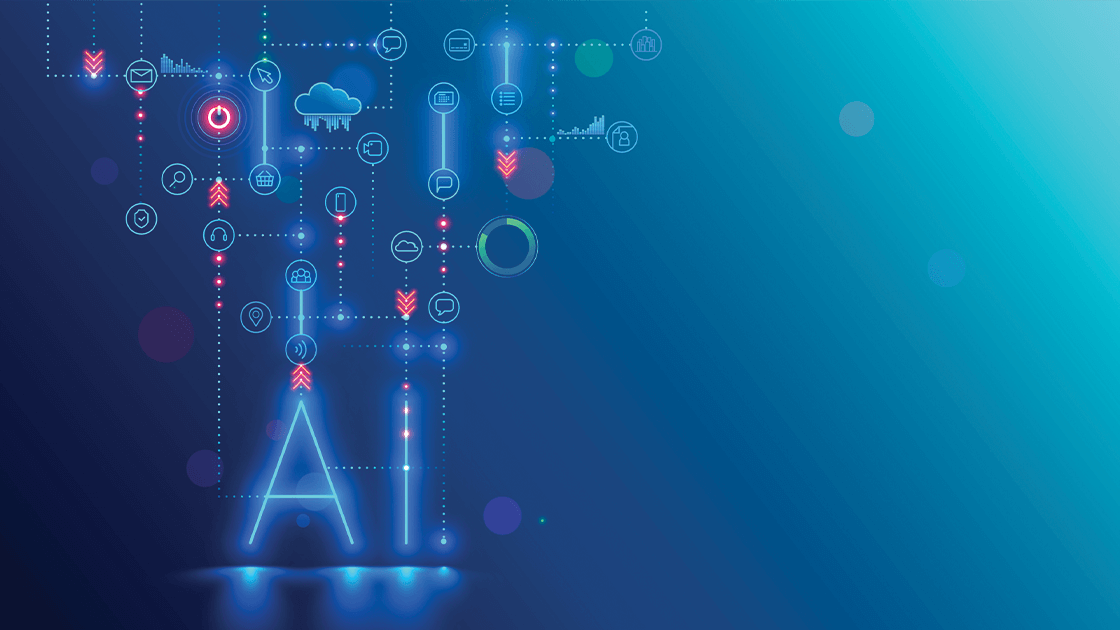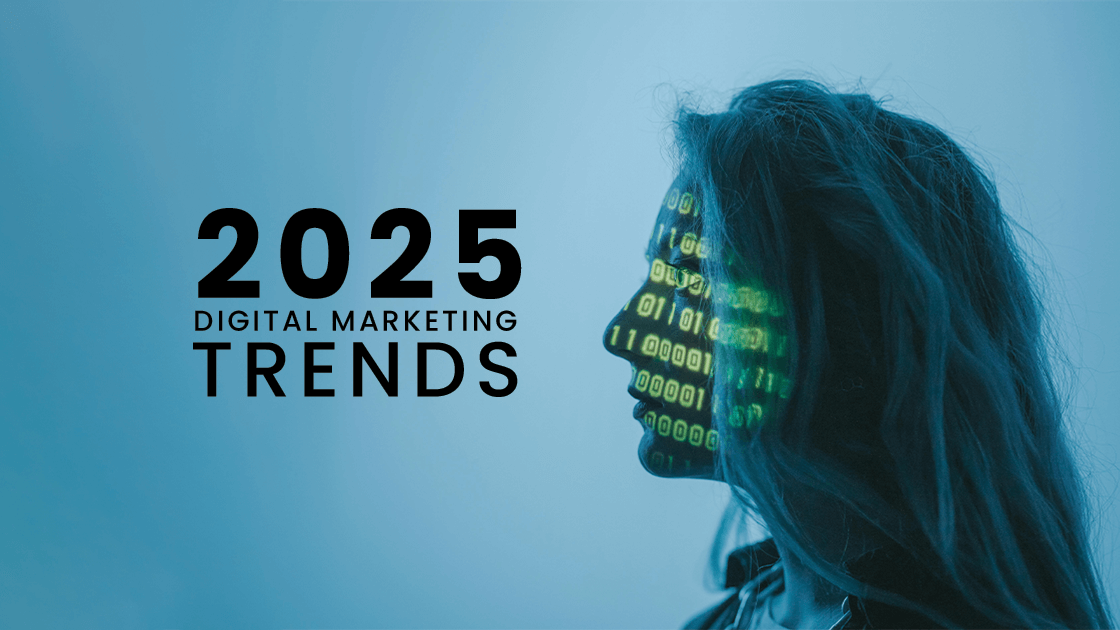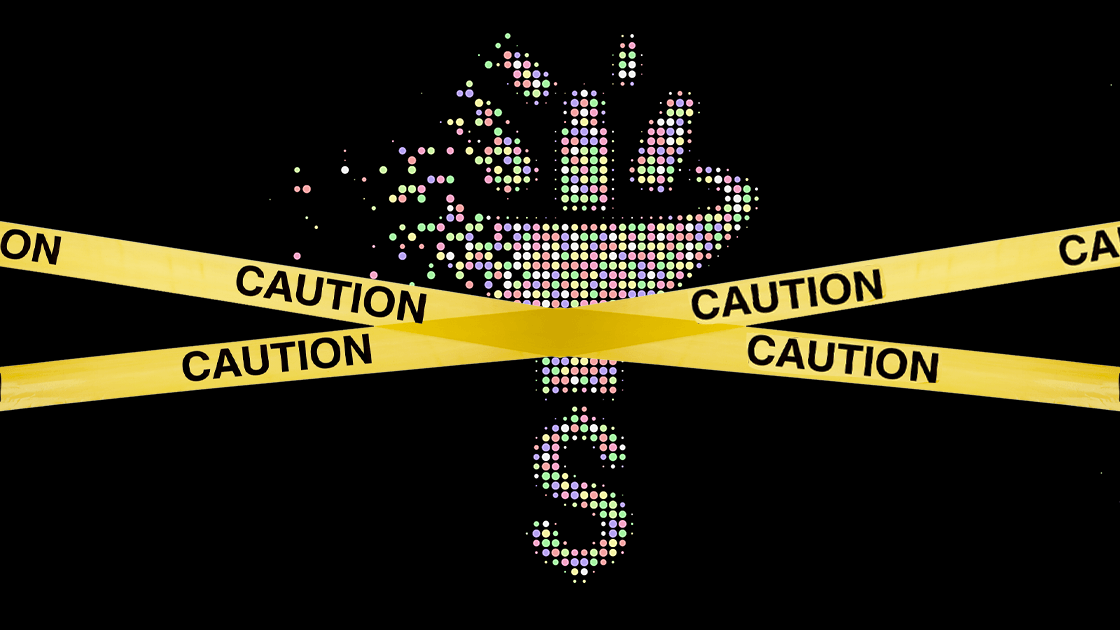Why Your Sales Team Needs RevStream (Not a Spreadsheet)
If your sales team is still using spreadsheets to track leads, follow-ups, and deals, it might be time to upgrade. Spreadsheets are great for organizing data, but they are not built for closing sales. That is where RevStream CRM comes in. RevStream is designed to help...









